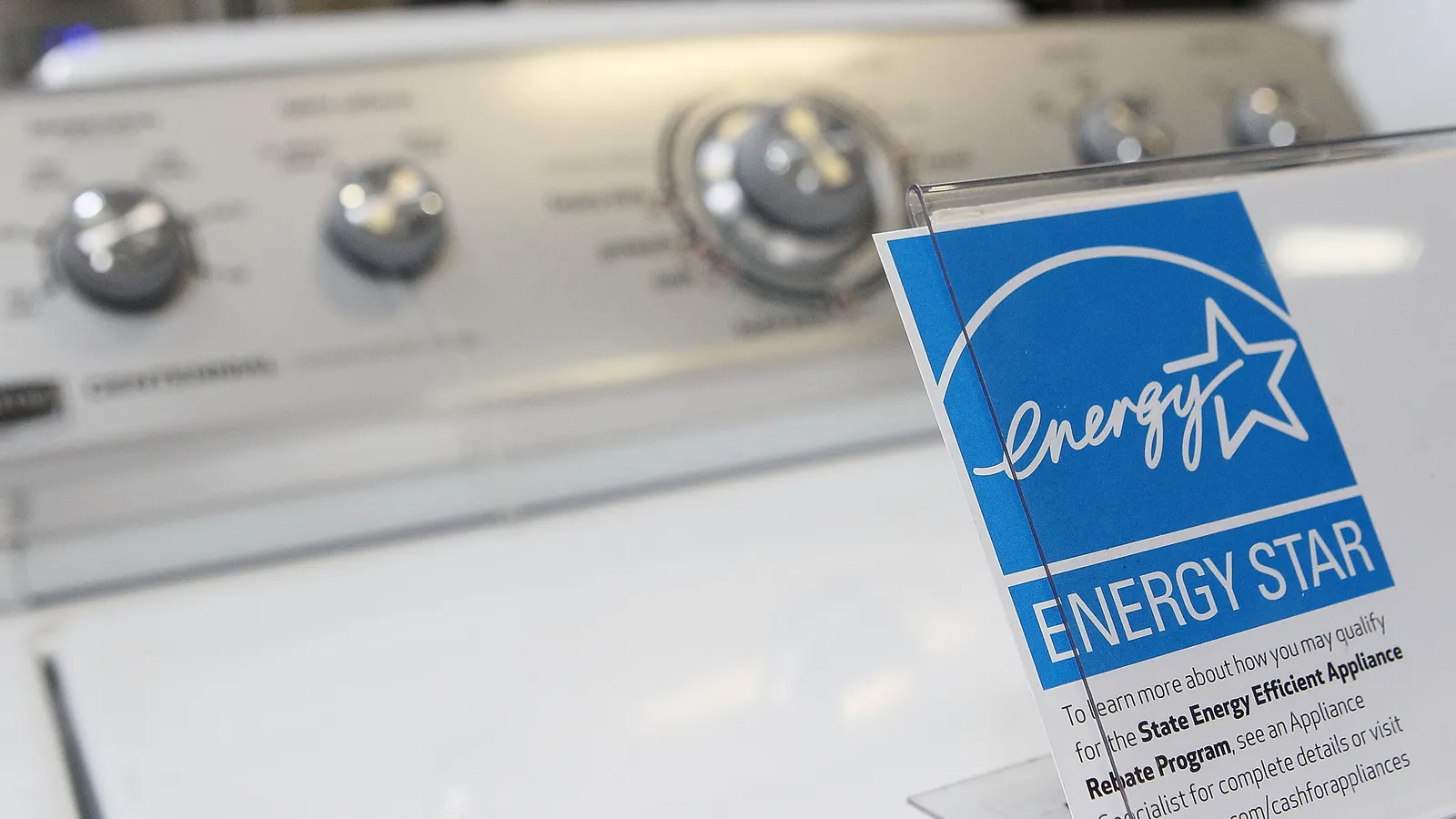The global pursuit of carbon neutrality faces a significant challenge rooted in appliance efficiency, as highlighted by recent findings from CLASP. The organization underscores a critical gap between the efficiency standards necessary to meet climate goals and the current regulatory frameworks in place, particularly in the U.S. This discrepancy raises concerns about the effectiveness of existing policies, which may not align with the ambitious targets set for reducing greenhouse gas emissions. As appliances account for a substantial portion of energy consumption, their efficiency becomes a pivotal factor in achieving broader sustainability objectives. The implications of this disconnect could hinder progress towards a carbon-neutral future, necessitating urgent reevaluation of energy policies and standards.
To bridge this gap, CLASP advocates for a comprehensive overhaul of appliance efficiency regulations, emphasizing the need for more stringent standards that reflect the urgency of climate action. By aligning policy with the latest research on energy consumption and emissions, stakeholders can foster innovation and drive the adoption of more efficient technologies. The insights from CLASP suggest that enhancing appliance efficiency not only contributes to carbon reduction but also offers economic benefits through lower energy costs for consumers. As the world grapples with climate change, prioritizing appliance efficiency emerges as a crucial strategy for achieving carbon neutrality and ensuring a sustainable future.





